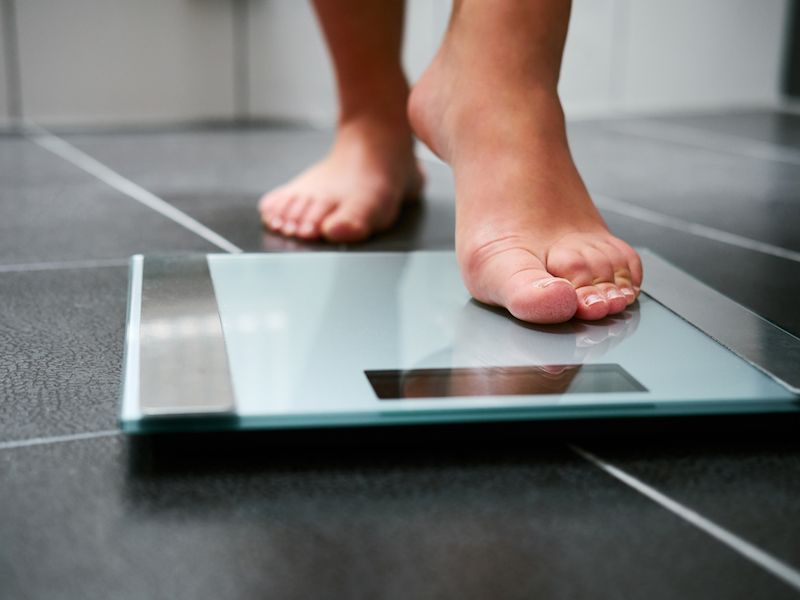
It’s well understood, that over longer periods of time, eating way too much will be unhealthy to your health. There are a number of health conditions that are connected to obesity. Heart disease, high cholesterol, diabetes, and you can add hearing loss to the list, also. It’s estimated that approximately 48 million individuals in the United States, hearing loss is an obstacle for approximately 20% of the U.S population, and nearly twice that number of adults, 93 million, are obese. Throughout the country, these shocking numbers point to a serious health issue.
How Is Being Overweight Linked to Loss of Hearing?
Several studies have revealed that hearing loss and being overweight have a connection. Even though experts are still investigating the relationship, it’s thought that loss of hearing and being overweight have a connection because of its effect on our circulatory system. Also, loss of hearing is connected to high blood pressure and diabetes which are recognized to be associated with being overweight.
Sound in the ear is detected by tiny hairs inside the inner ear. These hairs, called stereocilia, need a steady flow of blood and oxygen to work properly. Because of obesity, the blood flow is restricted throughout the body since the heart must work extra hard to get the blood to flow around the body, which means that there is less than ideal amount of blood flow supplied to your ear. Your hearing can be irreversibly injured by this. As each of these conditions impact the flow of blood, high blood pressure, heart disease, and diabetes impact the inner ear in the same way.
It’s particularly worthwhile to keep your weight under control as you get older since age-related hearing loss and high-fat mass index are also related. In the past, your body’s metabolism worked more efficiently and faster, which is the reason why you should try to stick to healthy habits that you formed when you were younger.
Your ears and your general health are helped by good nutrition.
Obesity Associated Hearing Loss Treatment Options
It’s feasible that you may not be capable of recovering your lost hearing if it’s brought on by obesity, however, it’s always good to have your hearing screened to identify the degree of your hearing loss. If the injury is irreversible, you may require a hearing aid or other device to begin hearing properly again.
If the injury is not that serious, you might have considered trying to consult your physician before your health gets worse, about making a diet and exercise plan to minimize the effect your weight has on your health. Your doctor should prescribe a cardio intensive exercise program that will improve your overall health and get your blood pumping. You will likely find that other aspects of your life also improve, mental health, for instance, since day to day exercise will decrease depression according to a lot of research.
How to Prevent Obesity-Related Loss of Hearing
A balanced diet and a day to day exercise regime are crucial to stopping obesity-related problems like heart disease, diabetes, and high blood pressure. Keeping your body healthy will also help keep your ears in superior condition. One way to get started is a consultation with a nutritionist who can assist you to develop a program that is personalized for you and is centered on assisting you to attain your goals. The role of the nutritionist is to make sure you’re consuming nutritious foods with the best mix of nutrients, including foods that have plenty of iron, because of course, a lack of iron in your diet can lead to tinnitus and cause hearing loss.
Learn more concerning hearing loss and how you can hear better with the correct treatment method.

